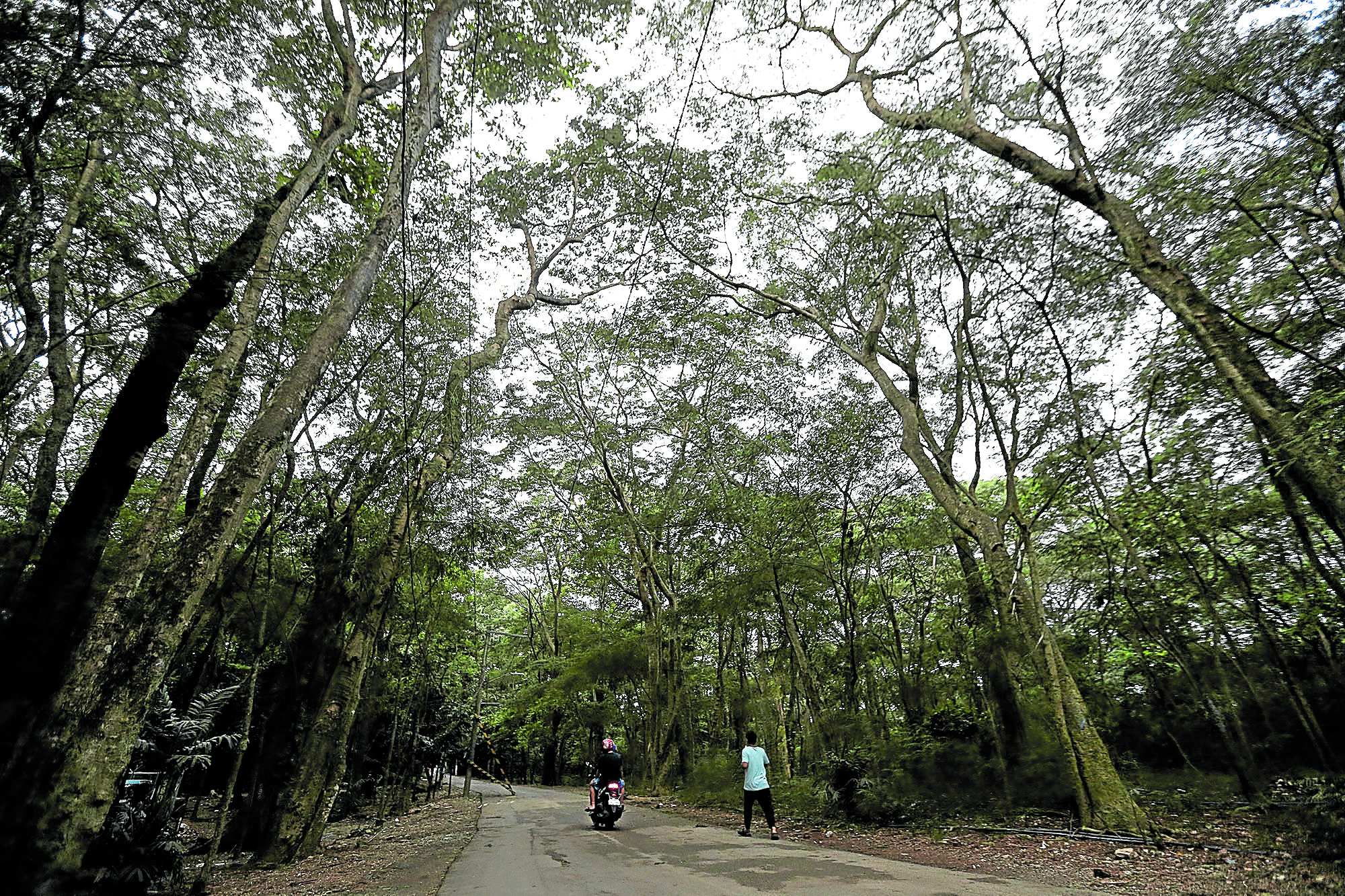The board of regents of the University of the Philippines (UP) has approved the reclassification of certain sections of the UP Arboretum, a protected forest area that is a property of the UP Diliman, amid plans to build a public hospital and other facilities in those areas.
Student regent Isaac Punzalan on Friday confirmed to the Philippine Collegian that the board on Wednesday “approved, by referendum, to lift the status of the UP Arboretum as a protected forest area and reclassify some of its portions as academic support zones, paving the way for the construction of the UP-PGH (Philippine General Hospital) Diliman Project.”
The project, estimated at P19.064 billion, includes the construction of a 700-bed facility, a cancer research center and a college of medicine, as well as facilities for oncology, neuroscience and disaster management, among other specialties and services currently unavailable in PGH’s Manila compound.
Punzalan, faculty regent Ramon Guillermo and staff regent Mylah Pedrano voted against the reclassification of the area, citing “unresolved environmental concerns and calls of the residents of UP Arboretum” against its reclassification.
According to Punzalan, 4.2 hectares of the arboretum’s 18.25 ha will be used for the UP-PGH Project, and 9.5 ha will serve as the academic support zone.

BOARDROOM DECISION The 22-hectare forest, a property of the University of the Philippines Diliman, may soon have a new look after its board of regents on Wednesday voted to reclassify sections of the UP Arboretum from a protected area to an “academic support zone,” to make way for the construction of a public hospital and other facilities. —RICHARD A. REYES
‘Half its current size’
The arboretum encompasses an estimated total of 22 ha, including what residents there call a buffer area.
The dissenting regents also issued a statement on Friday saying “Given that the ‘reclassification’ reduces the protected area of the arboretum to half its current size, further encroachments into the area in the near future are not inconceivable. The sustainability and viability of the whole arboretum as a natural forest has been put in question by this initial reclassification.
They added that “Certainly, we are not against the establishment of PGH Diliman if it will expand government health service for the poorest of the poor. But the UP Arboretum is just not acceptable as a site for it. This is like choosing between prevention or treatment of an ailment. Moreover, aside from Diliman, PGH health facilities should be established in other places with much less access to high quality public hospitals.”
About 600 informal settlers at Pook Arboretum also expressed concern about their possible eviction because of the UP-PGH project.
A number of senators also opposed the project, saying it was needed more in areas like Southern Luzon instead of Quezon City.
HOW GREEN IS MY CAMPUS A boy spends time with his puppy in the Arboretum, the forested area of UP Diliman which may soon give way to development projects. —RICHARD A. REYES
‘Master plan’
Before Wednesday’s decision by the board of regents, UP Diliman had also entered into a 2014 memorandum of agreement with the Beta Sigma Fraternity, the Department of Agriculture and the Department of Environment and Natural Resources to formulate a “Five and Ten-Year UP Arboretum Master Plan” to preserve and protect the biological diversity and other ecosystem attributes of the arboretum, as well as the development for scientific plant research and development in the university.
UP Diliman chancellor Fidel Nemenzo said the campus administration has yet to consult the Office of the Vice Chancellor for Community Affairs and other stakeholders before issuing a statement on the board’s decision.
“We will ensure that no construction will take place unless we complete a mapping of biodiversity there. People in the area will have to be offered viable alternatives, basically a place where they can put up their homes and a place with access to livelihood,” the Collegian quoted Nemenzo as saying.
Established in 1948 by the Department of Agriculture, the arboretum is a man-made forest in the Diliman campus where exotic and endangered flora have been cultivated and studied through the decades.
UP Diliman’s 2012 Land Use Plan designated the arboretum as a protected area, which by law is an identified portion of land and water with unique physical and biological significance that is protected from human exploitation.
In 2018, the Expanded National Integrated Protected Areas System Act of 1992 was further amended to expand the coverage of protected areas and ensure prosecution against violations of environmental laws. —WITH REPORTS FROM INQUIRER RESEARCH

